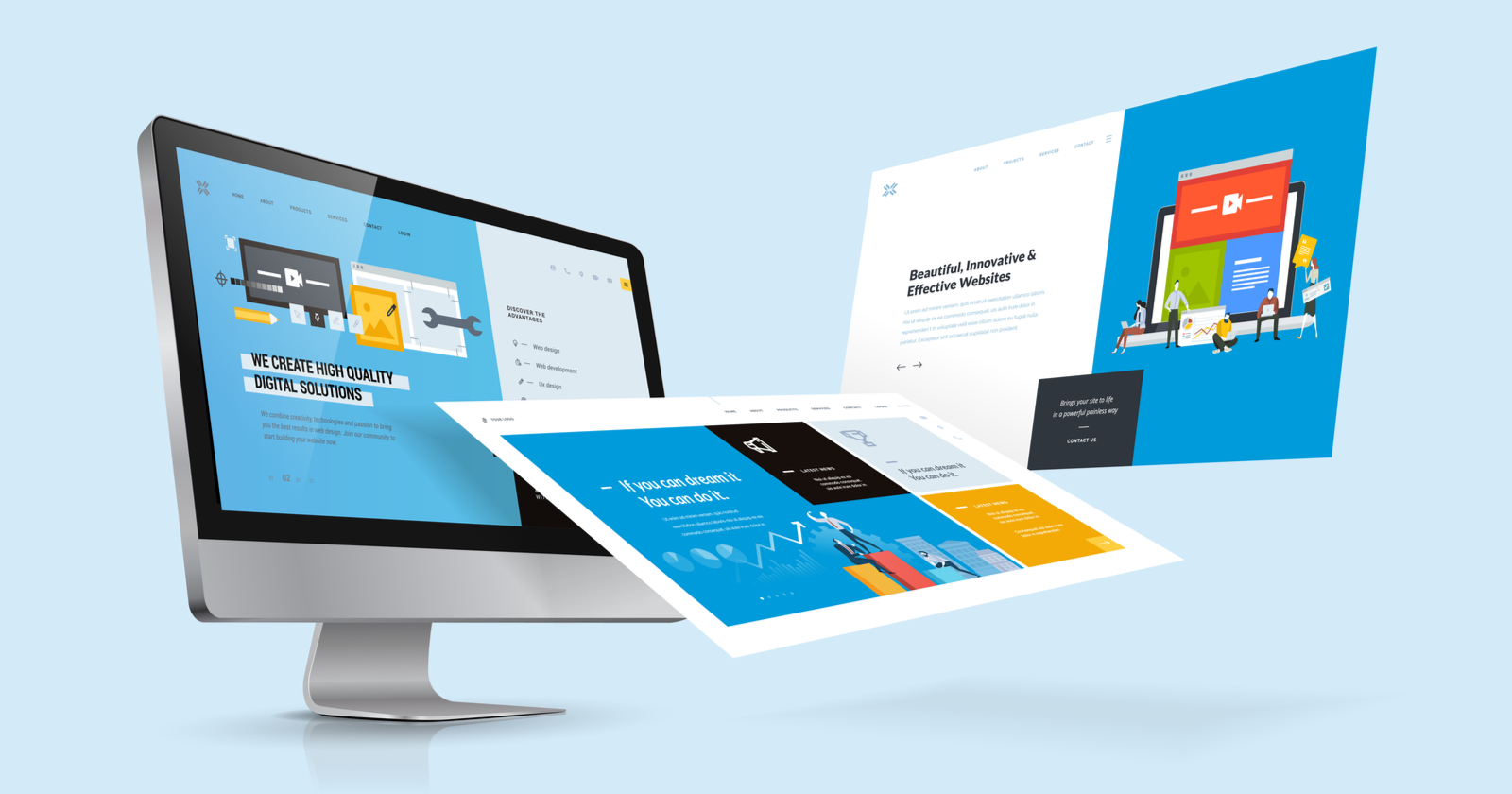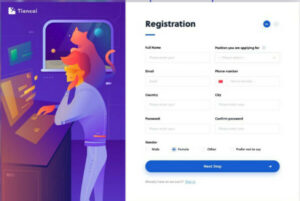|
Getting your Trinity Audio player ready...
|
In the digital age, a well-designed website is often the first point of contact between a business and its audience. Website design is not just about aesthetics—it’s about creating an immersive online experience that captures attention, communicates effectively, and drives user engagement. Whether you’re a seasoned designer or a business owner looking to enhance your online presence, this guide will walk you through the essential principles, current trends, and best practices of website designing.
User-Centric Design: Putting Users First
Successful website design starts with understanding your target audience. Create user personas to identify their needs, preferences, and behaviors. Design your website’s layout, navigation, and content to cater to these user profiles, ensuring a seamless and enjoyable experience.
Responsive Design: Mobile-Friendly Accessibility
With the increasing use of mobile devices, responsive design is a must. Ensure that your website adapts to various screen sizes and devices, providing an optimal viewing experience for users whether they’re on a desktop, tablet, or smartphone.
Visual Hierarchy: Guiding User Attention
Implement a clear visual hierarchy to guide users through your website’s content. Use elements like headings, colors, and typography to emphasize important information and direct users’ attention to key sections.
Minimalist Design: Less Is More
Embrace minimalist design principles to create clean, uncluttered interfaces. Focus on essential elements, whitespace, and concise content to create a visually pleasing and easy-to-navigate website.
Engaging Imagery: Visual Storytelling
Incorporate high-quality imagery that aligns with your brand’s identity and message. Visual storytelling through images, videos, and graphics can effectively convey your brand’s story and resonate with users on an emotional level.
Typography: Communicating Through Text
Choose fonts that are readable and in line with your brand’s voice. Typography plays a vital role in communicating information, setting the tone, and enhancing the overall aesthetic of your website.
Color Psychology: Evoking Emotions
Colors evoke emotions and associations. Select a color palette that reflects your brand identity and resonates with your target audience. Consistency in color usage across your website fosters a cohesive and memorable experience.
Accessibility: Inclusive Design
Ensure your website is accessible to all users, including those with disabilities. Implement features such as alt text for images, keyboard navigation, and readable contrast ratios to make your website usable for everyone.
Trends in Web Design: Staying Current
Stay informed about current web design trends to keep your website fresh and modern. Whether it’s bold typography, micro-interactions, or immersive scrolling experiences, staying up-to-date can enhance user engagement.
User Experience Optimization: Speed and Performance
Optimize your website for speed and performance. Slow-loading pages can lead to high bounce rates. Compress images, minimize code, and utilize caching techniques to ensure fast loading times.
Conclusion: Crafting Digital Experiences
Website designing is an intricate blend of aesthetics, functionality, and user experience. By incorporating design principles, staying current with trends, and prioritizing user needs, you can create websites that not only look visually appealing but also provide a seamless, engaging, and valuable experience for your visitors. Remember that a well-designed website is more than just pixels—it’s a powerful tool that connects your brand with your audience in the vast landscape of the digital world.




